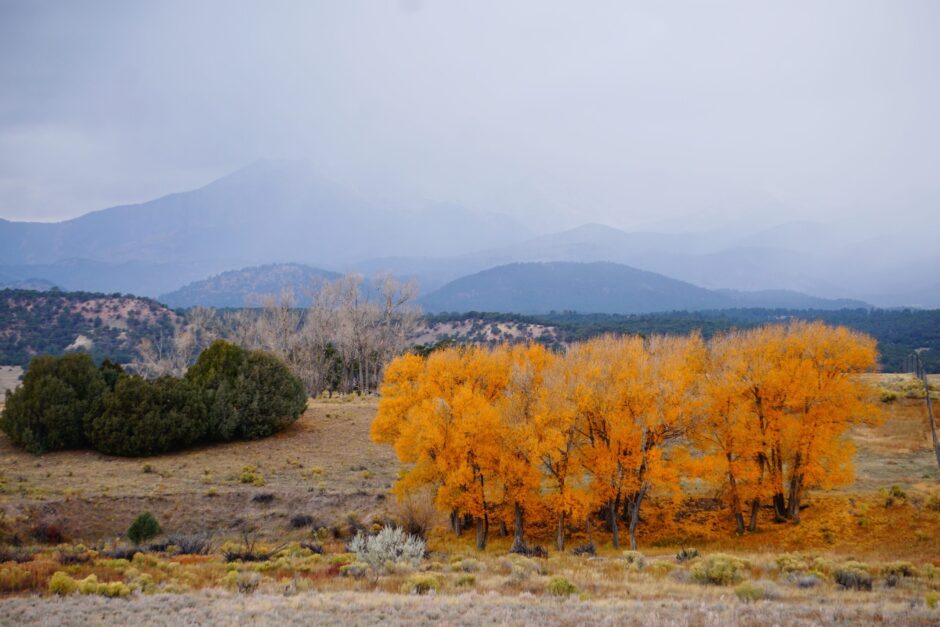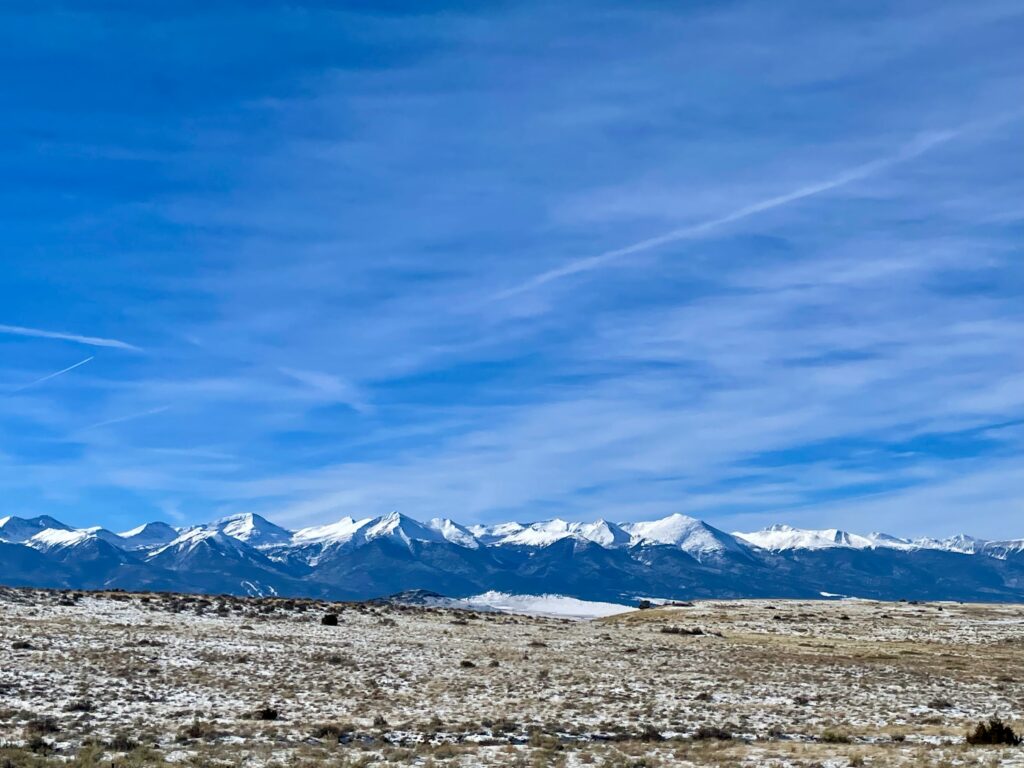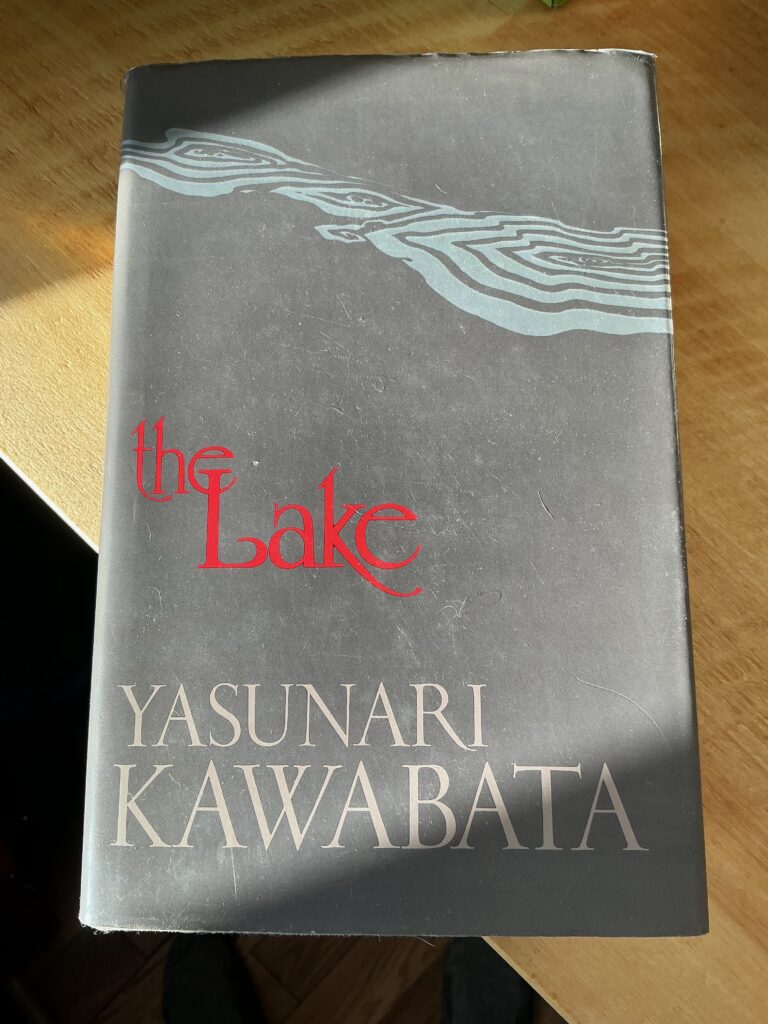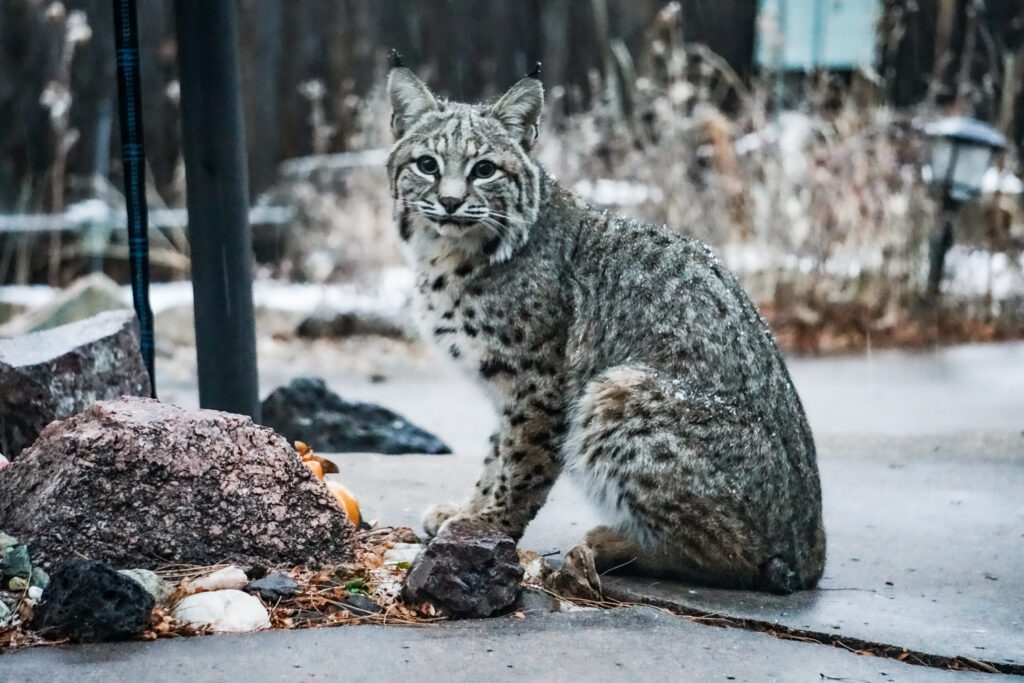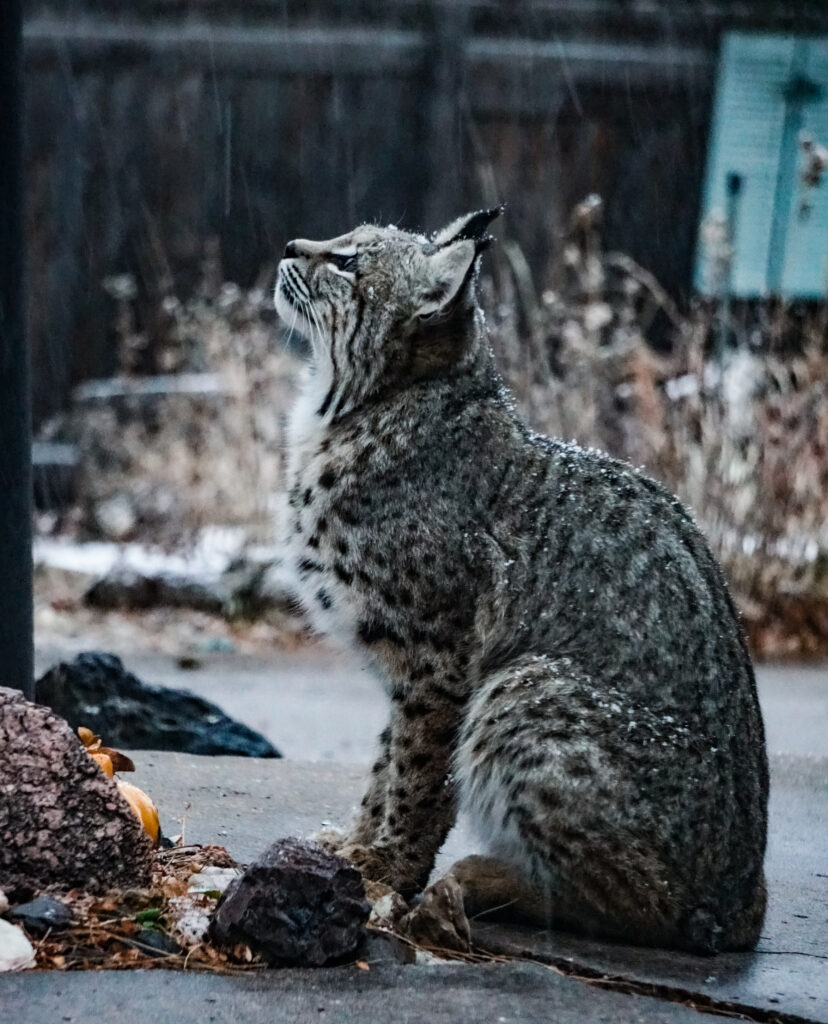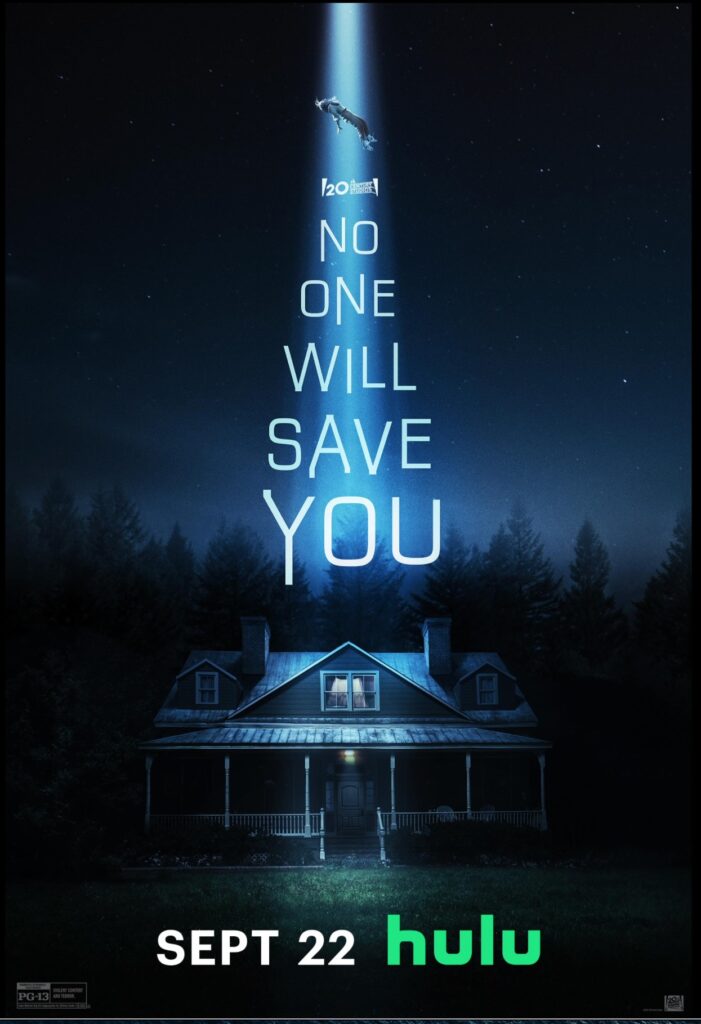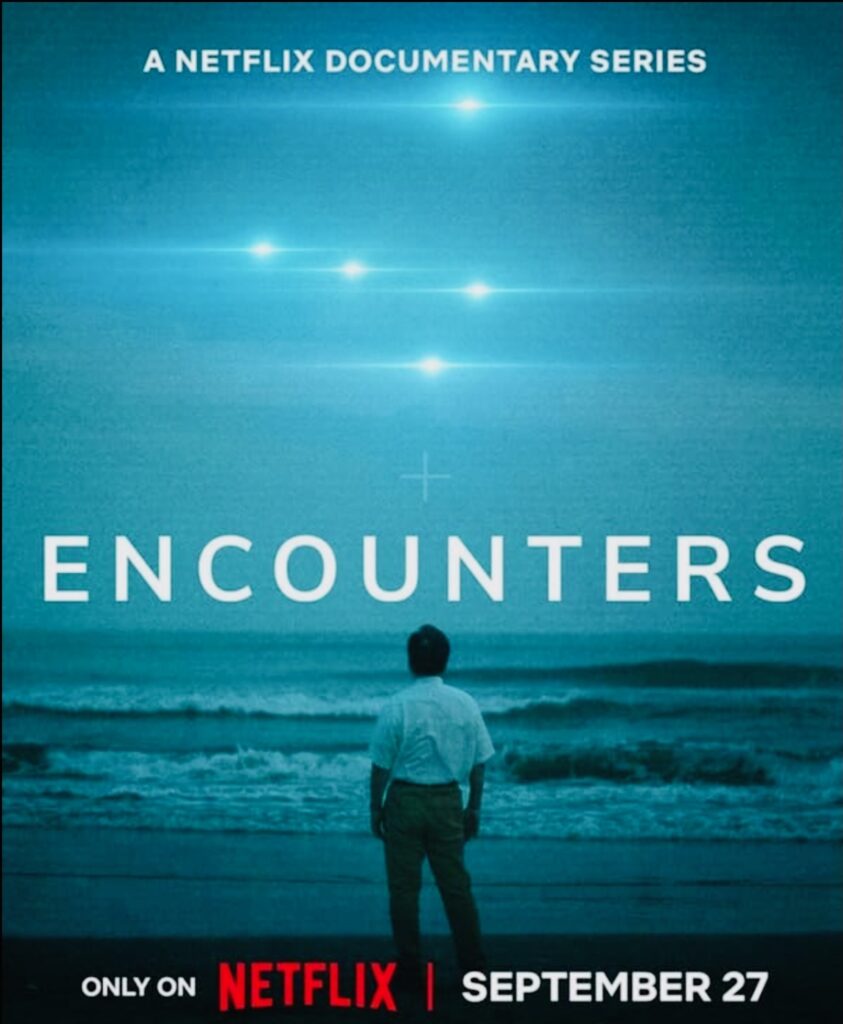So last year my family got the itch to take an unplanned springtime beach vacation. Long story short: We had nothing booked, and only a vague notion of where we might want to go. Florida is nice enough, sure, but it’s . . . Florida. And in March/April, busy with Spring-breakers. We love Hawaii and have been several times, but our usual resort venues were all booked up.
Meanwhile we were watching the third season of White Lotus, set in Thailand. At one point a character said, “No wonder no one comes here.” Huh? (Which is definitely not true, but from my anecdotal experience could be amended to No wonder not many Americans come here.) That piqued my curiosity. I got to checking and found a resort and flights for reasonable cost, and in the blink of an eye, suddenly we (wife, myself, and eighteen-year-old daughter) were going to Thailand.

Mind you I pretty much knew nothing about Thailand. A good friend of mine years ago did psilocybin mushrooms on a Thai beach and said that I had to go there—which was alluring, but a distant memory. Most of what I knew at booking came from White Lotus. So I bought the Lonely Planet guide to Thailand. Although we stay at nice hotels/resorts, we wouldn’t be doing the Four Seasons—whose villas can run over four thousand dollars/night. Two weeks on the island of Phuket in mid-April here we go.

After the trip I discovered the term “Set-Jetters”—people who travel to places they have seen in movies/TV. We joined the club, so to speak. First surprise: our resort was adjacent to the Anantara resort at Mai Khao beach on Phuket Island. Like, right there. (White Lotus was shot in a variety of resort locations in Thailand. Anantara at Mai Khao was just the opening and closing scenes.) It immediately seemed like we were stepping into the HBO series. We stayed at the Mai Khao Marriott resort. From what I’d read about it, I guessed it would be somewhat loud, boisterous, and teeming with kids. (It was described as the “family” resort in the trio of Marriott resorts at that location.)

Instead it was quiet and peaceful—serene, even. A twenty-foot-tall metal sculpture/contraption with a large brightly painted bucket filled with water constantly then tipped it over to dump it into a kiddy pool complex, filling the pool area with the pleasant sound of splashing water, even when no one was swimming. It seemed like stepping into the storyline of White Lotus—only without the incest and murderous, rich-bastard plotlines. Good restaurants were nearby, and we also ate at the famous open air markets in Phuket City. I liked the beach-side restaurants the most.
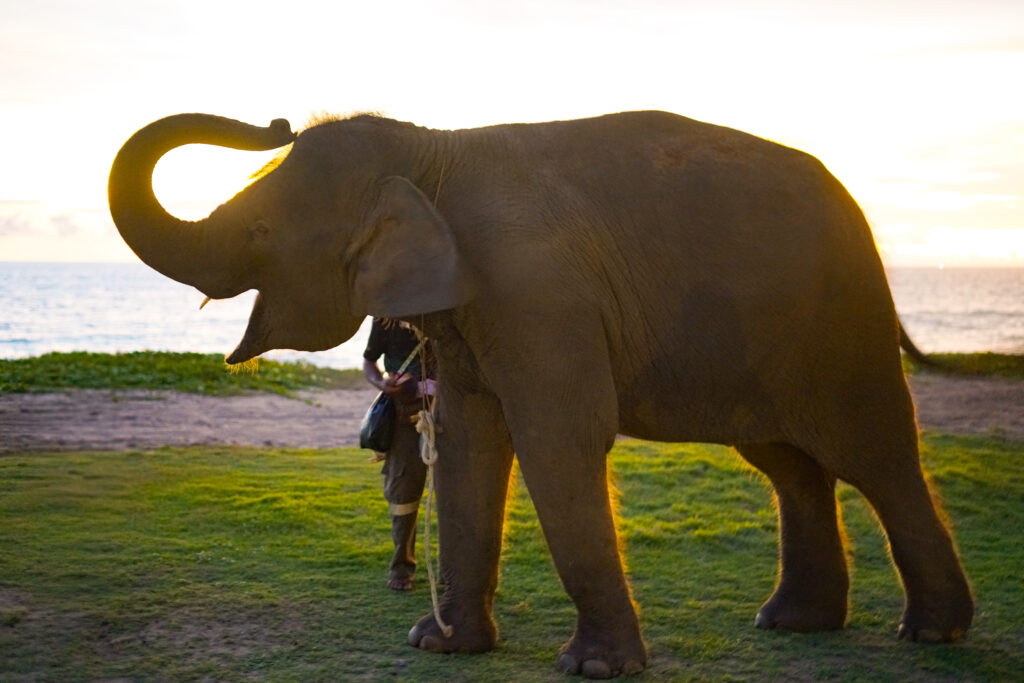
Second surprise: at our local Turtle Mart (a kind of artistic mini-mall) there were high-end clothing boutiques, a small grocery mart, a Starbucks, and a cannabis dispensary. It’s legal in Thailand. Although the hotel complex is no-smoking, they allow smoking on the terraces (every room has one, as far as I could tell), so it was the first hotel I’ve ever visited where you could smoke cannabis legally, without having to stuff a towel beneath the bathroom door.
Third surprise: The snorkeling and sea-kayaking were great. We took tour boats to various locations, both east and west of Phuket island, cheaper than Hawaiian excursions.

Usually the tour boat maneuvered close to smaller islands and launched the sea kayaks for us to paddle through lagoons.
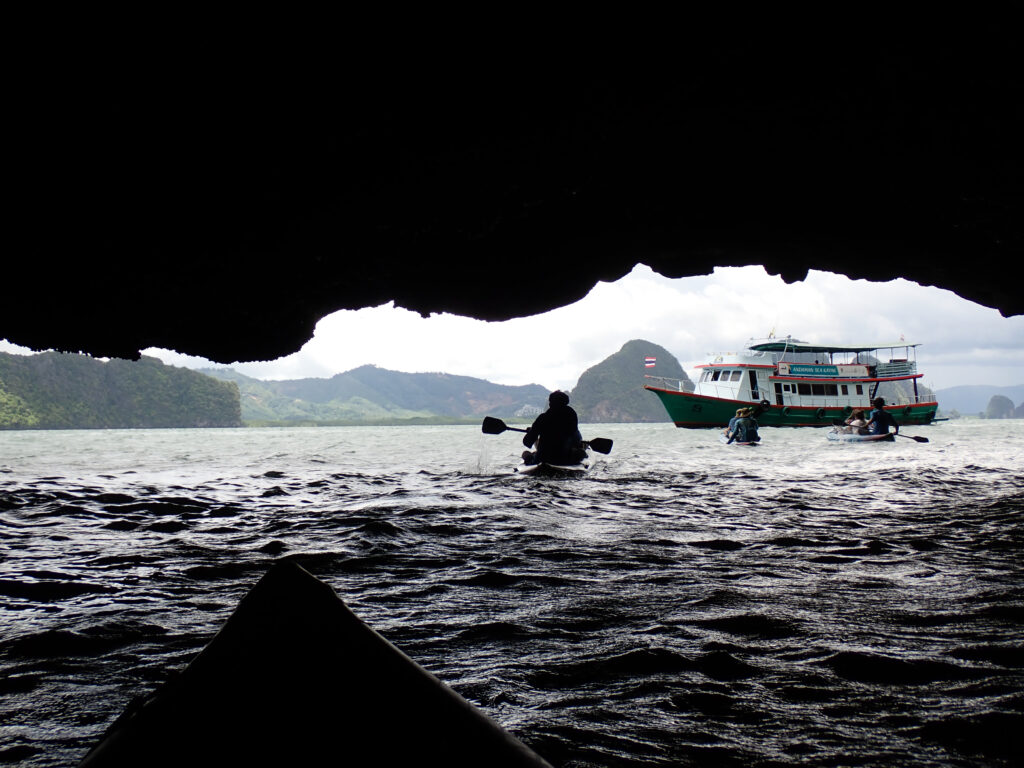
In some places we paddled through sea caves, way cool.
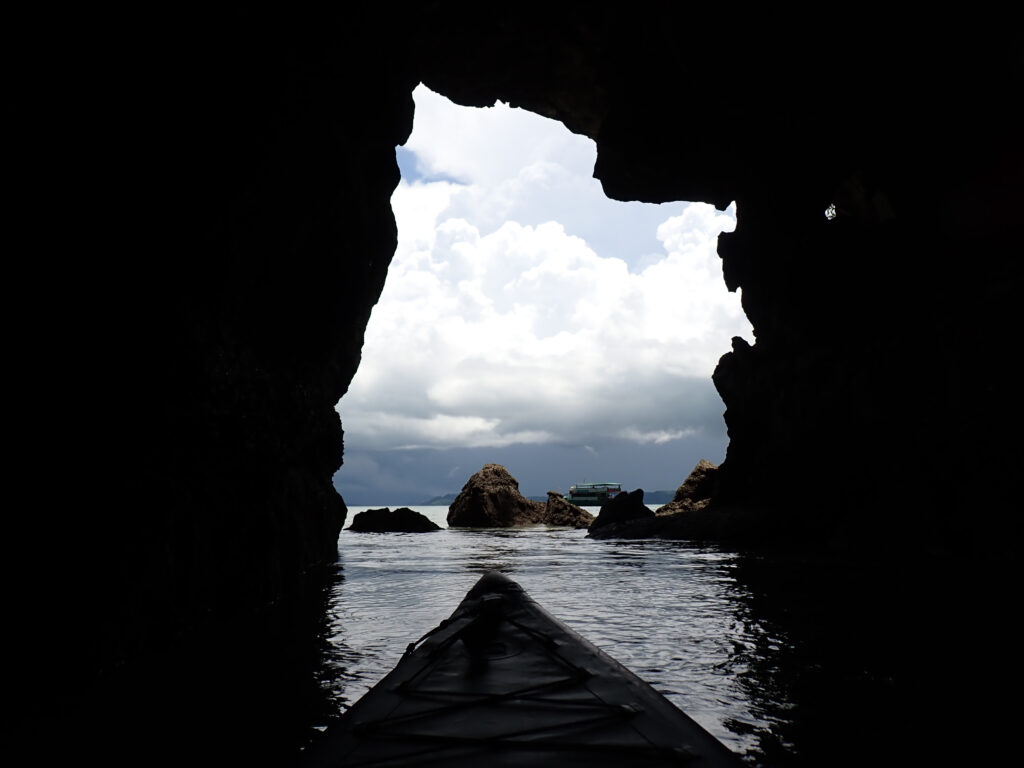
The snorkeling was fantastic. Better than Hawaii. Why: At least in March (when I’ve been to Hawaii) the Pacific is still pretty chilly when you go snorkeling. I’ve been shivering while snorkeling in Hawaii more than once. Thai ocean water is warm but not hot. Just right.

That’s perhaps our biggest difference between the mythical White Lotus family and our real-life vacay: We were active, went out and did things. We snorkeled at the Phi Phi Islands and the Similan Islands (at which many movies have been filmed, as our guide hilariously informed us, including by having us pose with fake guns at James Bond Island). My daughter tried jet-skiing and scuba-diving.

There was more wildlife than I expected: monkeys, monitor lizards, elephants, exotic birdlife.
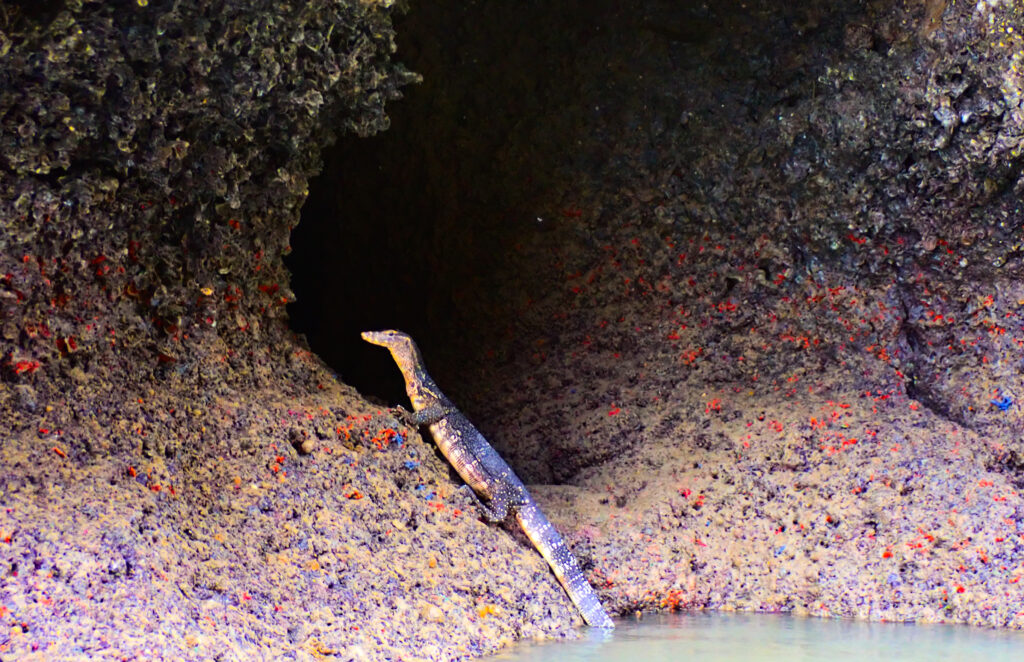
The monkeys were a bit unsettling. On one “Monkey Island” (I had the sense that wasn’t its real name but what it was called by the tour-boat guides) they were scattered across the beach, and curious about our kayaks. A guide warned me to be careful: They like to steal tourists’ cameras and rush into the jungle and hide them.

We arrived in late April, the start of monsoon season. After a 30+ hour flight from Colorado via Hong Kong we were a bit frazzled and discombobulated when we picked up the rental car. (Note: Skip it. You don’t need one.) When we walked outside to pick it up rain was pouring down in gray torrents. My glasses fogged. It was maybe 98 degrees with 100% humidity. It felt like a scene from Swimming to Cambodia.

Our greatest drama? (Well, mine.) Driving on the left side of the road and trying to avoid running over the many mopeds. On the way to the resort, first day, my daughter was in front seat, saying, “Dad? Dad? You’re on the wrong side of the road again.” And I’m like, “Yeah . . . I know that,” while trying to suavely steer back in the correct lane without mangling any Thai people. Other drama: When daughter lost her passport, right before leaving for the airport to Bangkok. This instigated frantic searching, bickering (“I gave it to you!” “No, you didn’t!”) and general mayhem. Told she couldn’t fly without a passport, she moped back to the car in disgrace and disappointment . . . only to listen to her mother and (finally) check one more place, and there it was. She flew to Bangkok on another adventure while my wife and I had one final night at the resort, with final sunset splendor.
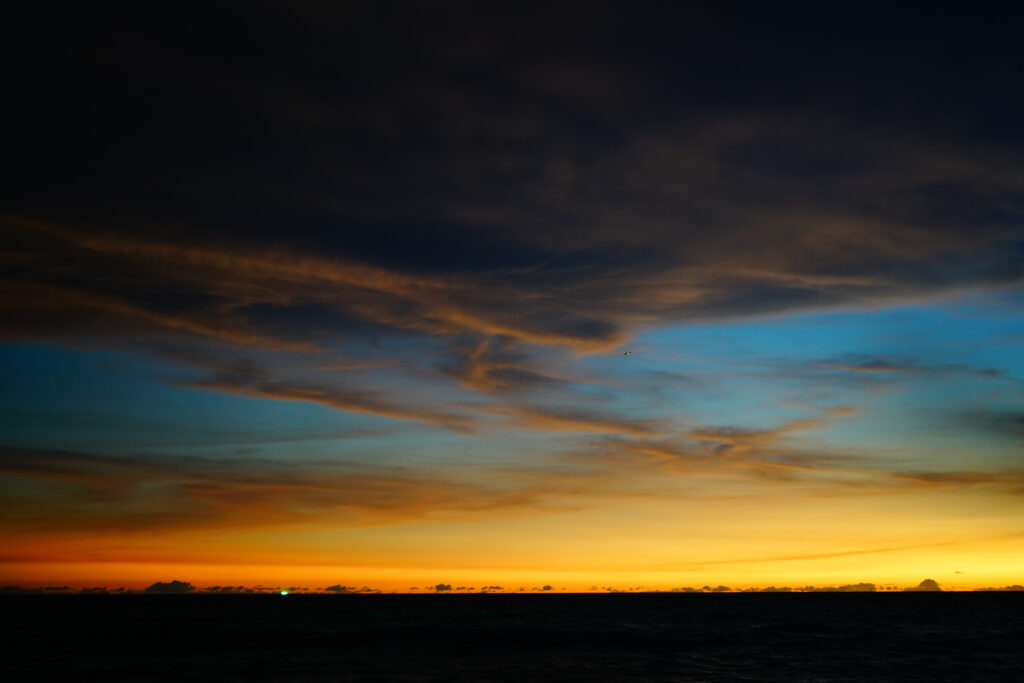
Do I recommend “set-jetting”? Absolutely. Especially to Thailand. Food was great, people were friendly. I realize we have also done it twice: After the first White Lotus, set on Maui, Hawaii, we went to Maui. Apparently the next season takes place somewhere on the French Riviera: Ooh la la.
